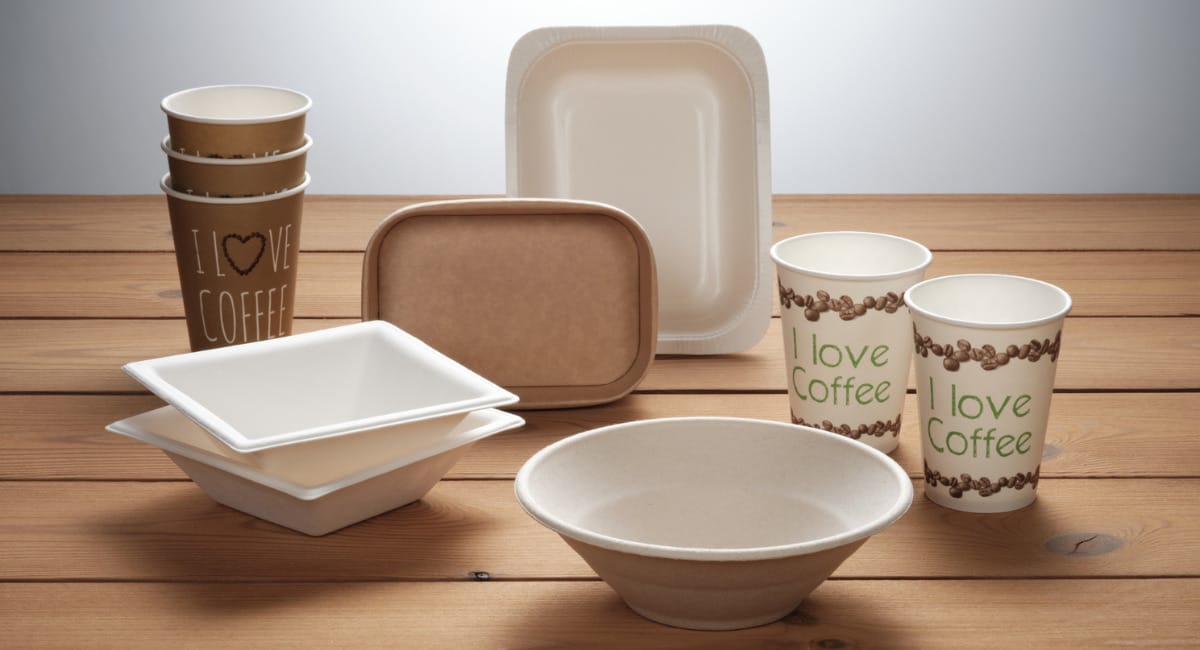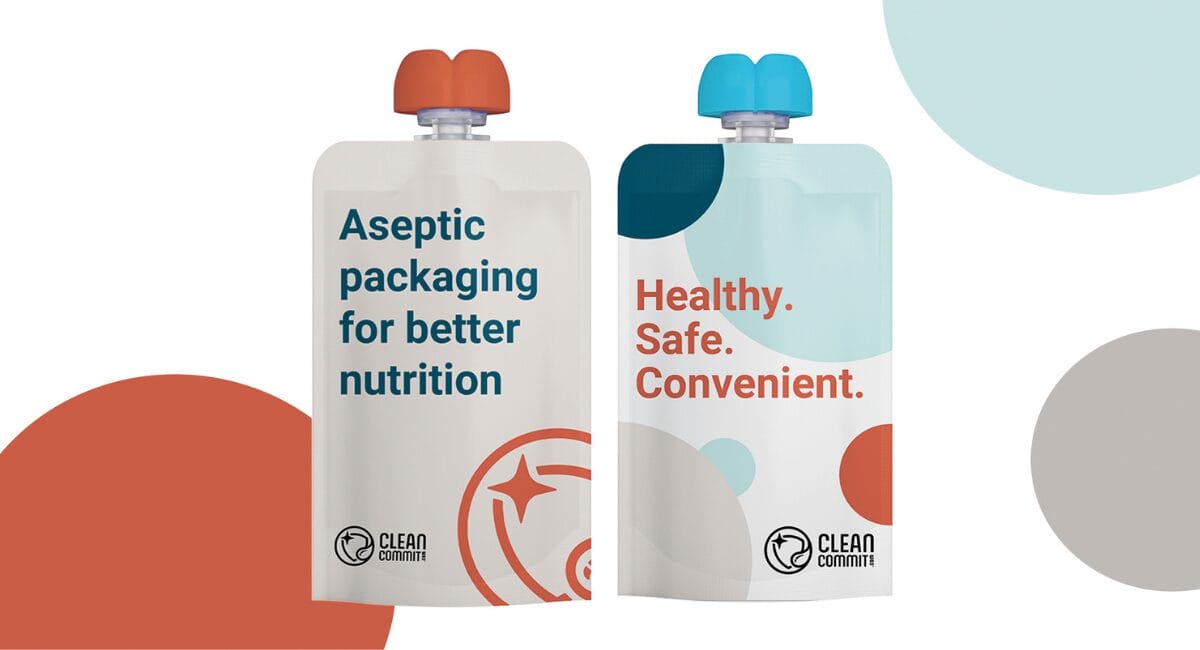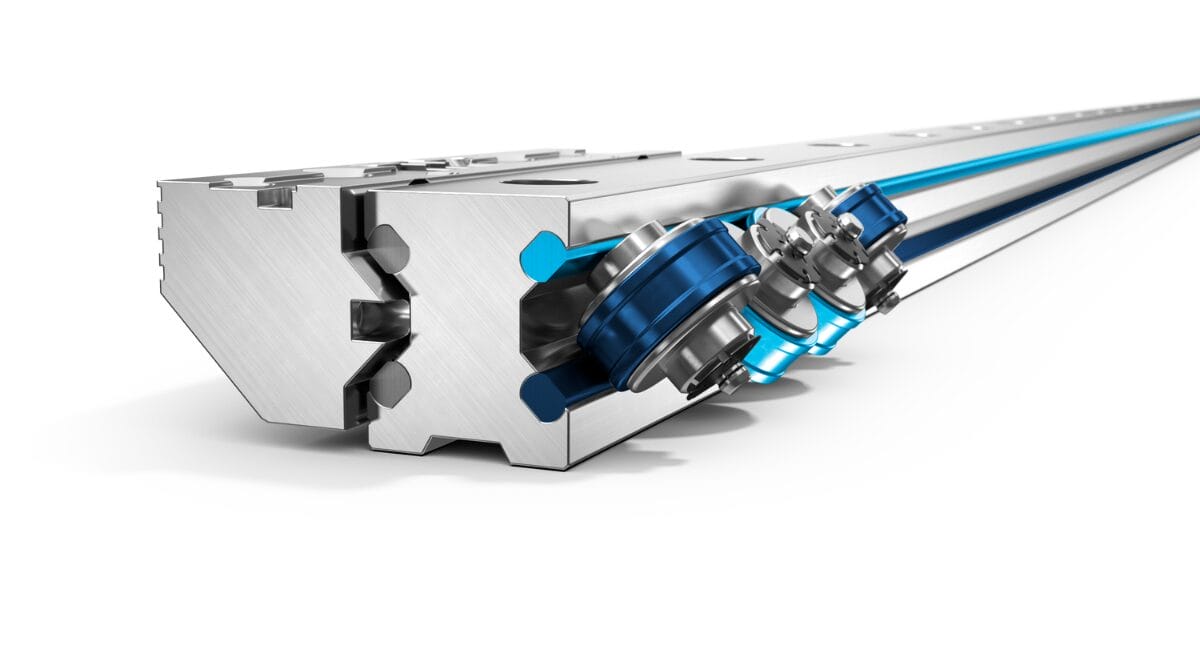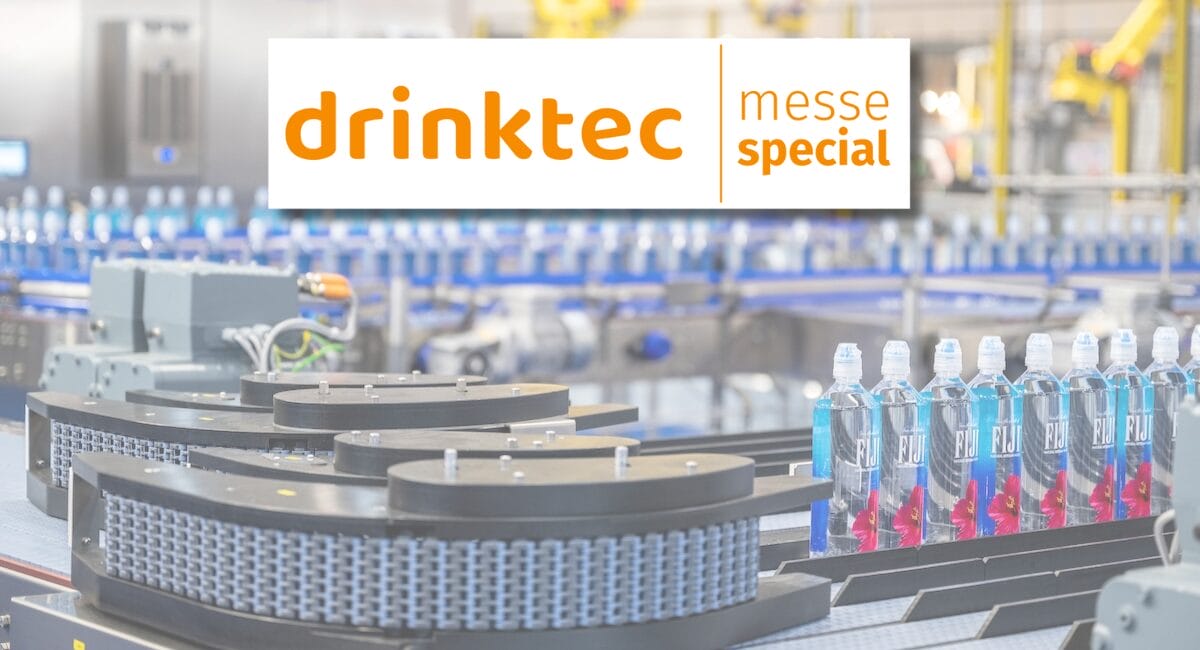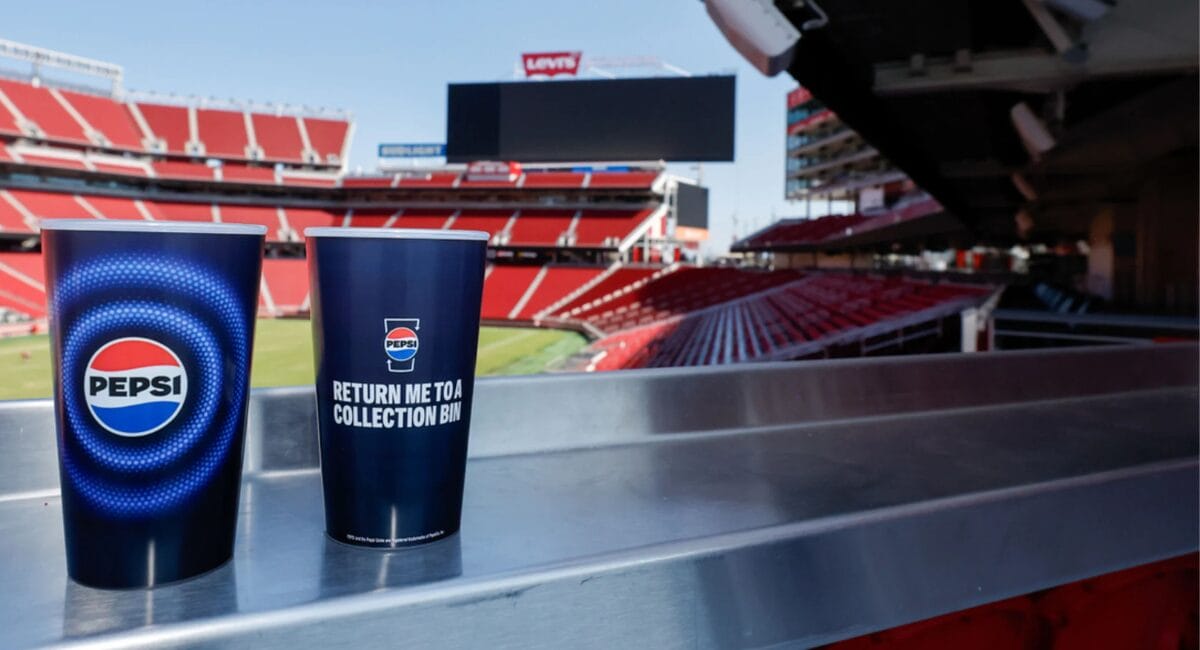BASF has been in the field of bioplastics for more than 30 years and this year celebrates the 25th anniversary of ecoflex, which is the first commercially available biodegradable and certified composable biopolymer on the market. Since then, the company has been developing various certified compostable and biodegradable plastics used in certain packaging and agricultural applications to achieve a full circular economy for plastics (1). This is what Mia Pettersson and Afsaneh Nabifar are working on in Ludwigshafen. We talked to the two passionate women about innovations and possibilities made of bioplastics in these industries.
In some areas it already works well – for example, biodegradable polymers have been used in the production of soil-biodegradable mulch films in agriculture for some time. The films fully biodegrade after some time without leaving plastic contamination in the soil. Compostability of food packaging is another important point, says Afsaneh Nabifar, Head of Global Advocacy and Sustainability for Biopolymers at BASF:
„In collaboration with customers and partners, we are constantly developing new compostable food packaging solutions that support the diversion of food residues and food-soiled packaging from landfill and incineration to organics recycling. This way, the packaging acts as a carrier for the food residues, and their nutrients can remain in the loop and return to the soil.“
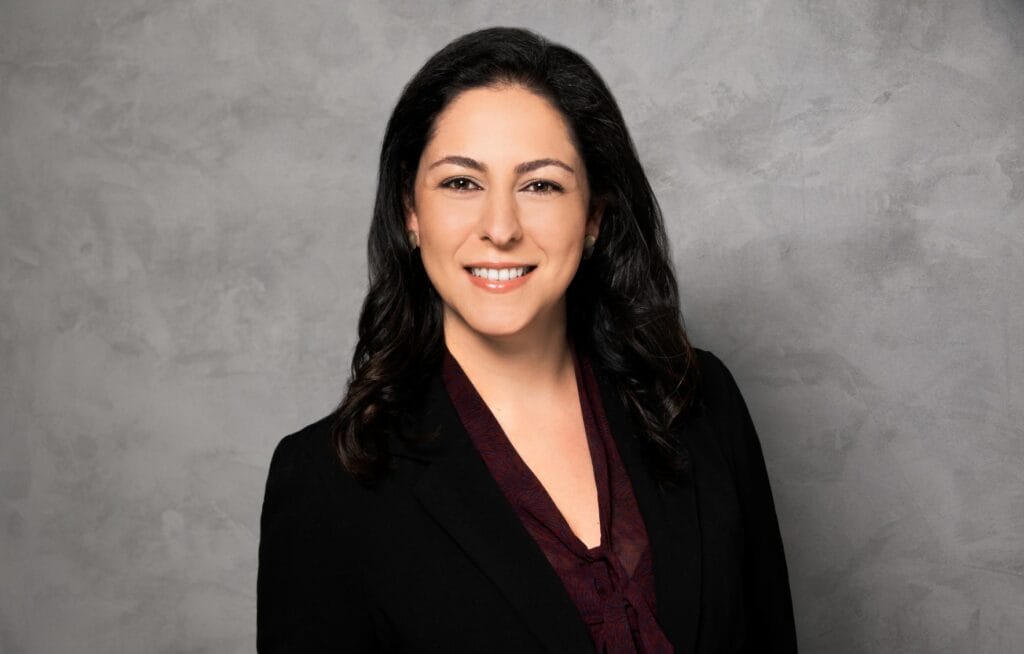
Not a silver bullet for every problem
It is also important to acknowledge that not all food packaging can be replaced by compostable alternatives. Rather, she says, it is about a coexistence of different solutions and decisions based on scientific life cycle analysis. „Our team is working on certified compostable alternatives to conventional plastics because we see them as part of the solution. We see bioplastics as complementary to existing recyclable plastics to help us achieve our circular economy targets at BASF,“ explains Mia Pettersson, Vice President of Global Business Unit Specialty Polymers at BASF.
Overall, bioplastics still have a small share of the total plastics market, and account for about 1 percent of around 390.7 million tonnes produced in 2022 (2). However, the recent market data compiled by European Bioplastics and the Nova Institute indicates a growth of 1.5 to 2 percent by 2027 (3).
„Even though the market is growing, bioplastics remain niche products for specific applications where their use demonstrates clear benefits for the environment and for human health.“
Afsaneh Nabifar
Untapped potential
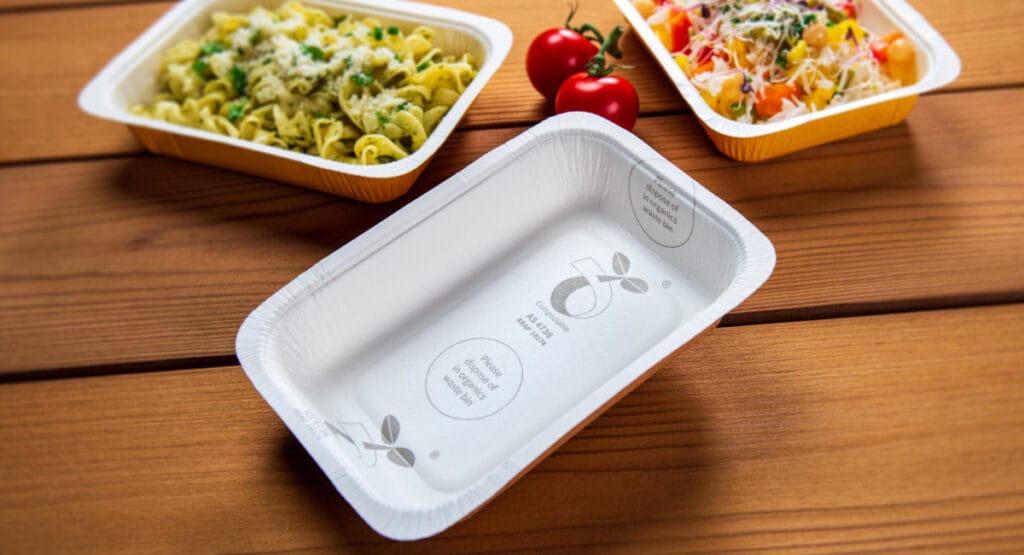
The two experts see great potential for use of certified compostable polymers not only in collection of organic waste or fruit and vegetable bags but also in other packaging applications, for example paper food packaging. The plans of the European Commission with the latest revision of the Packaging and Packaging Waste Regulation (PPWR) also play an important role here. In principle, the two experts welcome the Commission’s proposals to mandate several food packaging applications to be compostable. However, the list of products affected is rather limited:
„Tea bags, coffee capsules, labels for fruit and vegetables and very light plastic bags should be compostable according to the new proposal. We believe that this list can and should be extended to allow other innovative solutions to be placed on the market.“
Afsaneh Nabifar
Recycling as a problem?
One issue that goes hand in hand with the scale-up of compostable material in the market is their organic recycling – perhaps still a challenge, especially from a German perspective. Afsaneh Nabifar reminds us that every country has a different resource recovery infrastructure that drives different rules about the disposal of these materials. Other countries in the EU, she says, recognize the benefits that these materials bring for circular economy and therefore are more open and have more experience with processing them in organic recycling facilities. This demonstrates that there is no inherent problem with the organic recycling of compostable materials. Since 1 January 2020, single use plastic bags have been banned in Austria (4).
„Our neighbors in Austria have exempted the biobased and biodegradable very light weight carrier bags used for fruit and vegetable from this ban. This legislation goes along with the Bio-Kreislauf-Sackerl initiative driven by the Austrian biogas and compost association (5). This has led to significantly less plastic contamination in the municipal biowaste collected. Other countries like Italy, Ireland and parts of Spain allow the certified compostable materials in biowaste and recycle them organically.“
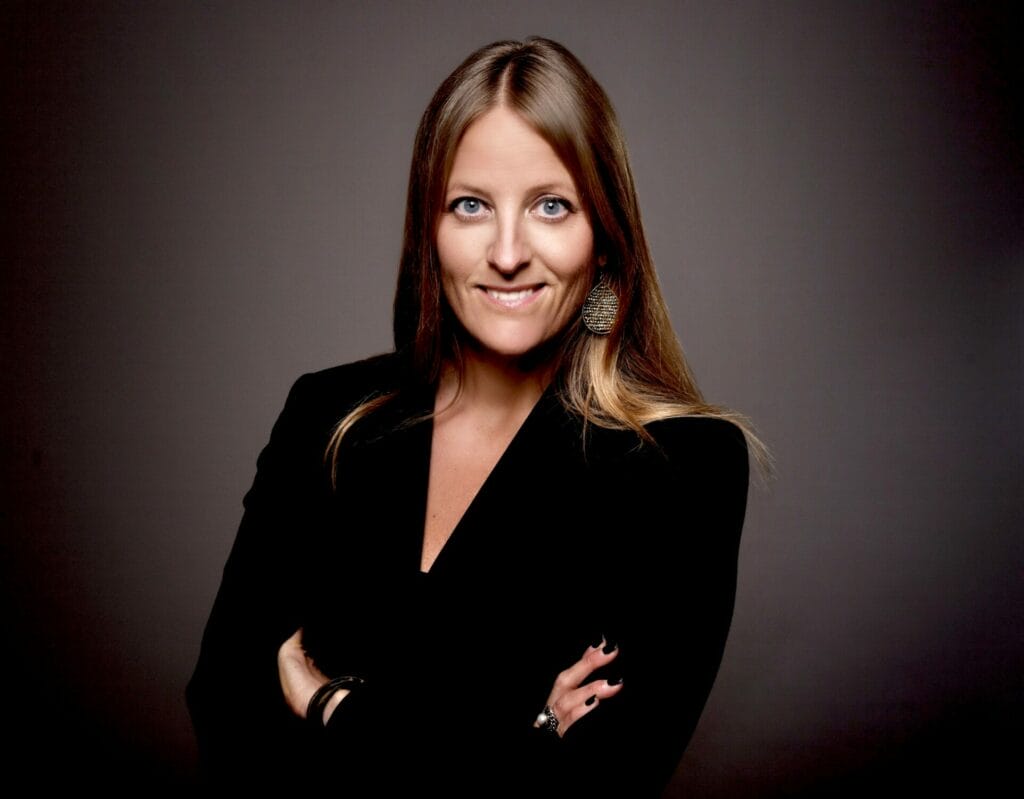
(Image: BASF)
„We recognize that what is needed is the suitable infrastructure to collect organic waste systematically, the willingness of the composters to accept the certified compostable items, and a supportive EU-wide legislative framework.“ Afsaneh Nabifar explains that BASF is active in several initiatives to better understand the processes and thus find joint solutions. It is also a matter of achieving greater awareness among consumers and encouraging them to collect biowaste and put packaging in the right collection bin. „Several studies have been carried out over the years that show that the quality and quantity of biowaste increases when compostable bags are used and there is greater awareness among consumers.“ (6-9)
„From my point of view, this calls for a proper change management process with regard to mindset and infrastructure. We are sure of the environmental benefits of these materials and that a circular economy can be achieved by using the complementary benefits of compostable material. Now we need all required players to support the transition, to invest and to make a change, together as one.”
Mia Pettersson
- https://biopolymers.basf.com/
- https://plasticseurope.org/wp-content/uploads/2022/10/PE-PLASTICS-THE-FACTS_V7-Tue_19-10-1.pdf
- https://www.european-bioplastics.org/market/
- Plastic bag ban voted through (bmk.gv.at)
- Vorteile des BKS – Biosackerl
- A.R.M.E.N. e.V (2022).: Nico Arbeck, Julia Lehmann, Nadine Sporrer, Ursula Peintner Witzenhausen-Institut für Abfall, Umwelt und Energie GmbH: Dr-Ing. Michael Kern, Hans-Jörg Siepenkothen: Abschlussbericht zum Modellprojekt, Praxistest Bio-Beutel – Kreislaufwirt- schaft mit kompostierbaren Obst- und Gemüsebeuteln, Projektlaufzeit: 01.12.2020 – 28.02.2022, https://www.carmen-ev.de/wp-content/uploads/2022/02/Abschlussbericht_Praxistest-Bio-Beutel.pdf
- Helmut Schmidt, Gerald Stutz, Dr. Timon Gruber (2017): Praxisversuch zur Steigerung der Bioabfallerfas- sung in München, Müll & Abfall, Ausgabe 2-2017, https://www.muellundabfall.de/ce/praxisversuch-zur-steigerung-der-bioabfallerfassung-in-muenchen/detail.html
- Kanthak, Manfred; Söling, Frieder: Bewertung des Einsatzes von kompostierbaren Sammelbeuteln aus ecovio®-Material. Müll und Abfall 8-2012, S. 402ff, https://www.muellundabfall.de/ce/bewertung-des-einsatzes-von-kompostierbaren-sammelbeuteln-aus-ecovio-material/detail.html
- Kern, Michael; Siepenkothen, Jörg: Bioabfallpotenzial im Hausmüll. Müll und Abfall 7–2014, S. 356 ff, https://www.muellundabfall.de/ce/bioabfallpotenzial-im-hausmuell/detail.html






